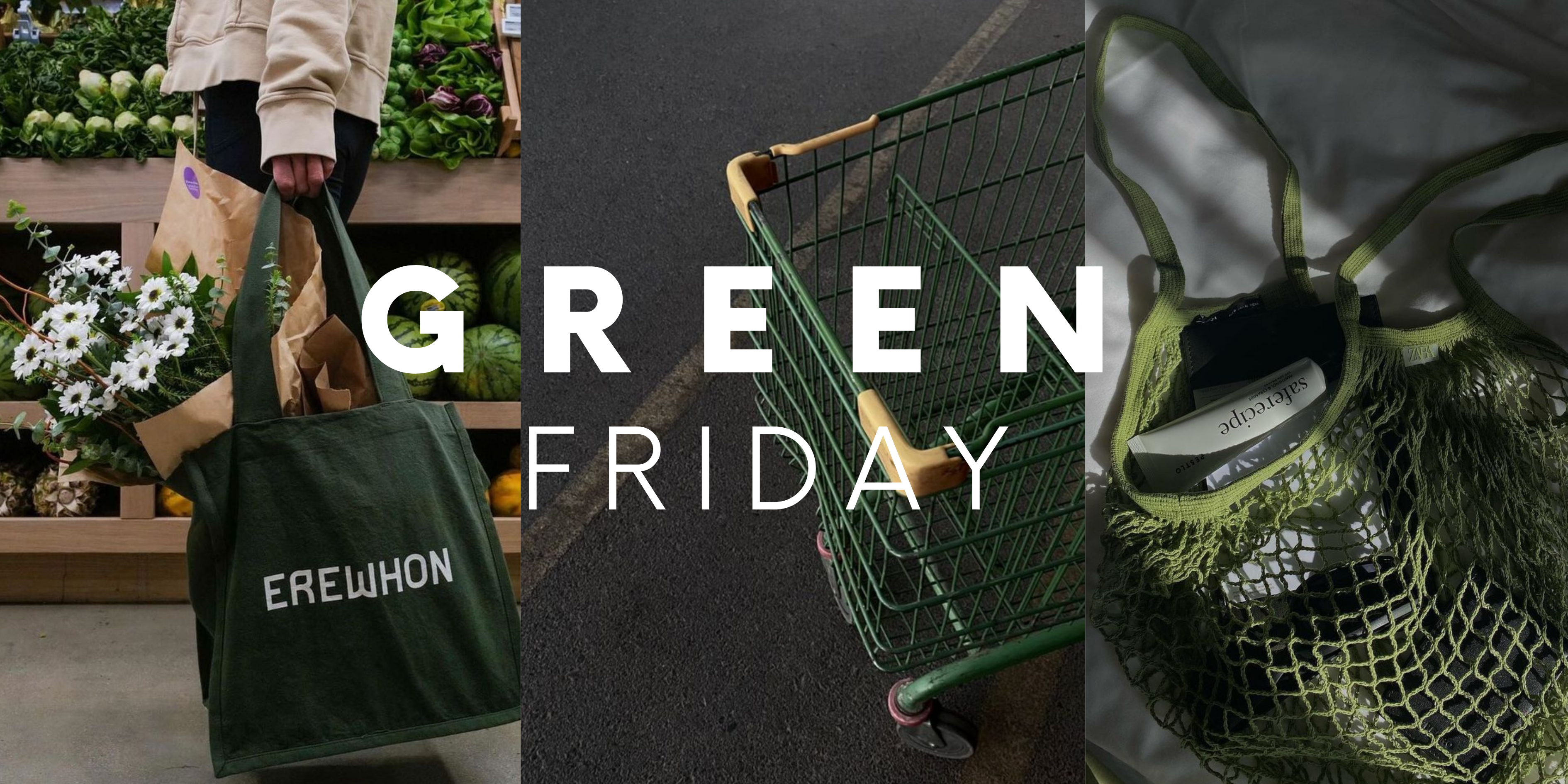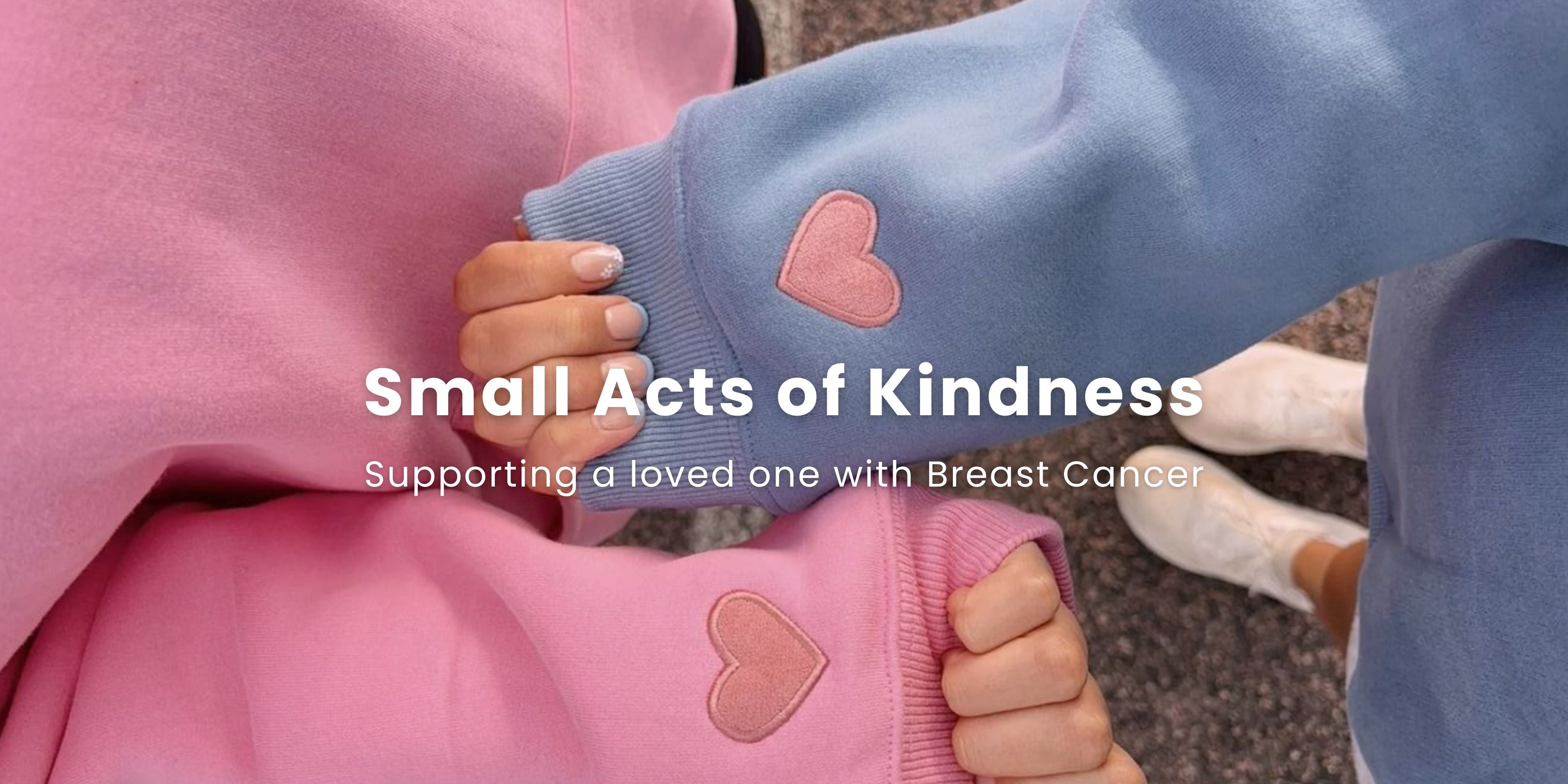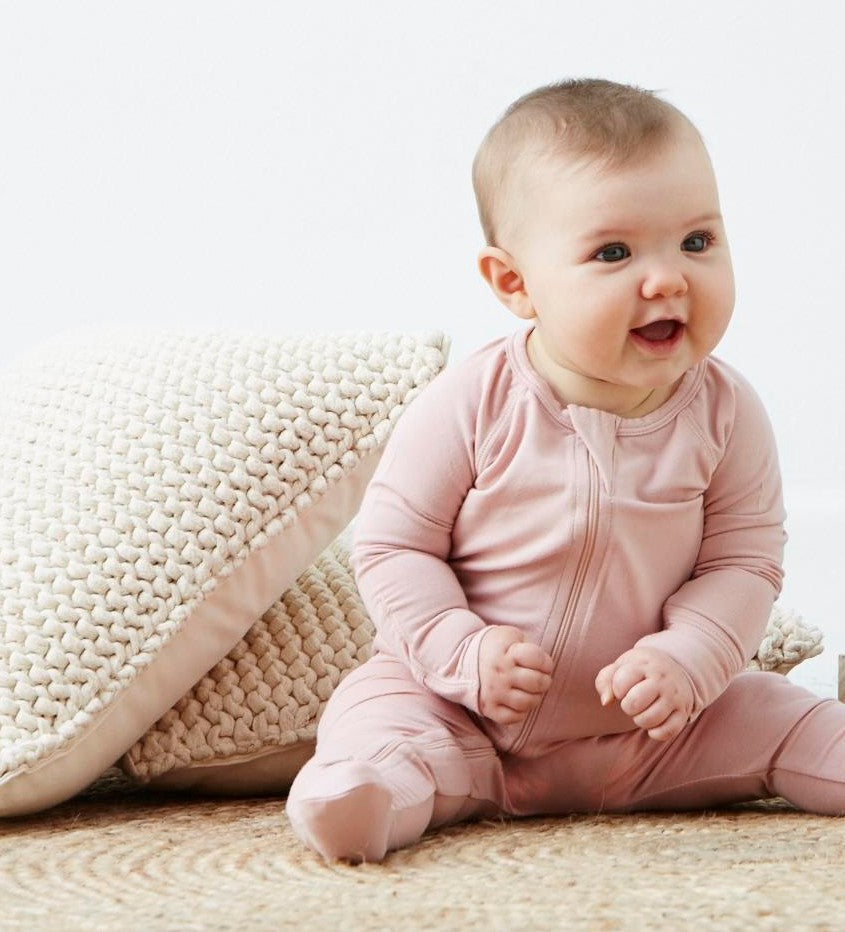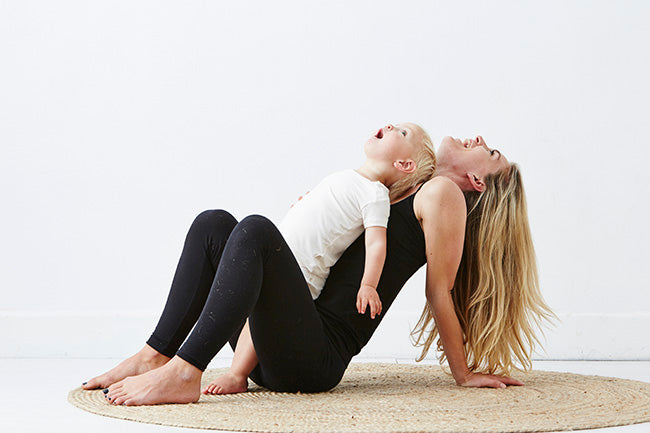Toddler behaviour is one of the most common challenges of early parenting: whether it is refusing to go to bed on time, or a tantrum in the grocery store, almost every parent has experienced the battle between their wishes and an uncooperative child at some point in time. At Boody we strive to think of ways to work with the flow of nature instead of against it. From natural fibres down to natural parenting, we want to help you breathe easier, whether it’s in the clothing you wear or the challenges you face in raising your little ones. So following from our first Sense Series blog post, for all our moms out there, today we offer some feisty-toddler-handling advice that will hopefully help you to work with your child’s instinctual desire for independence, and create a constructive environment for parent-child engagement moving forward. Allow us to propose the notion of giving choices.
Giving our children choices is a tool that every parent can use in almost every situation, and it can make all the difference in the world.
“Do you want to go to bed now or in five minutes? five minutes? Ok, I’ll call you when your five minutes is finished”.
“We have to leave now. Do you want to put your shoes on yourself or do you want me to put them on for you?”
“You have to eat five spoons of vegetables before you leave the table. Which vegetable would you like to eat?”
The debate (or tussle) that ensues when a child is uncooperative – whether to go to bed on time, eat their food, or put their shoes on – is a “rite of passage” period that all toddlers go through. It is a stage of learning boundaries, expanding their cognitive processing capabilities, and developing emotional intelligence to handle situations that are unpleasant or that simply don’t fit their wishes.
As parents we often want to make decisions because they are practical or efficient, and while choices that concern safety and health are matters for adults to ultimately direct, other smaller decisions often offer powerful moments for learning which far outweigh any inconvenience or minor negative outcomes. Allowing a child to cross a busy road without holding a parents’ hand because they simply ‘don’t want to’ is not necessarily the right moment for experiential learning, but allowing a little one to choose a pair of sandals to wear to school in the rain (made out of choice between three pairs of shoes offered) may result in two wet feet (a minor consequence) and a more valuable life lesson on how to make practical choices in the future.
This period can also be incredibly exhausting for any parent. Toddlers’ emotions are high, their ability to reason is still in its fledgling stage, and it would seem that at least once a day they have desires that are contrary to our own.
There is an amazing persuasive power of choice and learning how to use it can not only save you time and energy, but has strong developmental benefits for our children, too.
Here are 5 important benefits to providing your little one with choices:
- Cultivate a sense of value
Small voices can have phenomenal insight, creativity and wisdom. By allowing your children freedom to make choices, you communicate that you not only value their opinion and feelings, but that their thoughts themselves are valuable. Building this sense of value from a young age fosters pride and a sense of self-worth that extends into the way they perceive themselves as an adult and the subsequent way they handle situations when they are older; from friendships to work to romantic relationships, and so much in between.
- Build Confidence
Following from this sense of value comes confidence to voice their feelings, thoughts and opinions. When they make choices that have positive outcomes they build positive decision-making skills as a platform for future decisions.
- Learn Responsibility
With all decisions come resultant outcomes, some favourable and others not so fun. When we place the responsibility onto our children to make choices, we allow these experiences to become opportunities for growth and life lessons, instead of cultivating feelings of restriction when mom or dad are constantly saying “no” or making choices without child input. When a child-made decision results in a negative outcome they are in a better position to begin to understand and negotiate their own cognitive processing, and learn that their choices have consequences. “Bad stuff” or “unfair outcomes” don’t just ‘happen’ to you because of external, uncontrollable variables. There is a power that lies within each of us and learning to take responsibility and adjust decisions according to past experiences is important for growth into adulthood.
- Foster Creativity
Kids are creative by design. It is in their nature and it comes oh so naturally. Life and adulthood and the “system” of society and culture has the potential to streamline us into consensus and status quo, and as parents it is up to us to encourage the longevity of creativity in our children. Giving our children choices challenges their brains to think abstractly, to problem solve and to be “themselves” in all their unique and individual ways. When you work with the creativity and independence that is already there we produce moments conducive to learning and discussion and positive emotions.
- Avoid Tantrums
ALL parents want to avoid this as much as humanly possible! Disagreements are part of life and there is certain value to limiting children to our decisions in certain circumstances; teaching delayed gratification and prioritising their safety, to name a few. But sometimes creating an atmosphere of collaboration (providing options restricted by you, but available for choice for our children) can offer a sense of control to our little ones which both avoids highly emotional outbursts and feeds into all the points above: helping them feel good about themselves, their abilities, their value in your eyes and their overall sense of esteem.
When offered at appropriate times, choices can be a fantastic way to work with our children, and foster better parent-child relationships, while providing the benefits mentioned above, just to name a few. Start with small, less-important decisions, offer a couple alternative options, provide guidance when things don’t go well and give them praise when they were wise choices. Parenting is wonderful and difficult and rewarding and so challenging, so be kind to yourself when your little human decides that an emotional outburst is an appropriate response to being unhappy with a parenting choice. Sometimes it will happen (despite giving choices), and sometimes the act of giving choices will win. If you keep in mind the benefits of working with the natural flow of our children’s desire to practice their creativity, grow their confidence and feel valued for their opinions, offering choices will become easier, and handling the disagreements collaboratively will become worth it.
You may also like

Black Friday is almost here - stores are getting ready, deals are dropping, and our inboxes are filling up fast. But at Boody we believe November shouldn’t just be about rushing to buy more. It’s a...

When a loved one is diagnosed with breast cancer, it can be hard to know what to do or say. You want to help, but the journey is so personal that it’s natural to feel unsure. The truth is support d...

October is Breast Cancer Awareness Month When you think about breast cancer recovery, what comes to mind first? For many, it’s the treatments, the check-ups, or the support of loved ones. But...







Leave a comment
All comments are moderated before being published.
This site is protected by hCaptcha and the hCaptcha Privacy Policy and Terms of Service apply.